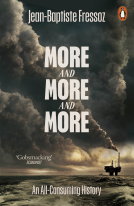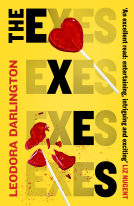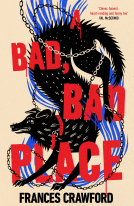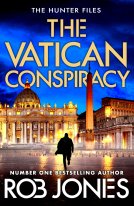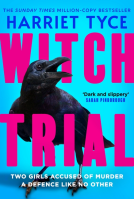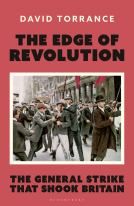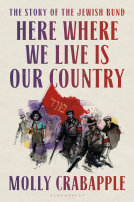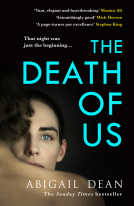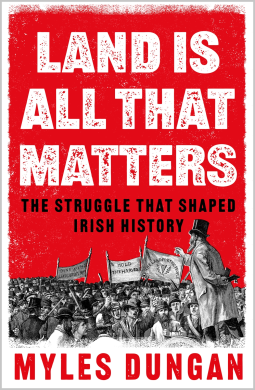
Land is All That Matters
The Struggle That Shaped Irish History
by Myles Dungan
This title was previously available on NetGalley and is now archived.
Send NetGalley books directly to your Kindle or Kindle app
1
To read on a Kindle or Kindle app, please add kindle@netgalley.com as an approved email address to receive files in your Amazon account. Click here for step-by-step instructions.
2
Also find your Kindle email address within your Amazon account, and enter it here.
Pub Date 14 Jan 2025 | Archive Date 9 May 2024
Head of Zeus | Apollo
Talking about this book? Use #LandIsAllThatMatters #NetGalley. More hashtag tips!
Description
In eighteenth- and nineteenth-century Europe everyone lived 'off the land' in one way or another. In Ireland, however, almost everyone lived 'on the land' as well. Agriculture was the only economic resource for the vast majority of the population outside the north-east of the country. Land was vital. But most of it was owned by a class of Protestant, English and often aristocratic landlords. The dream of having more control over their farms, even of owning them, drove many of the most explosive conflicts in Irish history. Rebellions against British rule were rare, but savage outbreaks of murder related to resentments over land ownership, and draconian state repression, were a regular feature of Irish rural life. The struggle for the land was also crucial in driving support for Irish nationalist demands for Home Rule and independence.
In this epic narrative, Myles Dungan examines two hundred years of agrarian conflict from the ruinous famine of 1741 to the eve of World War Two. It explores the pivotal moments that shaped Irish history: the rise of 'moonlighting', the infamous Whiteboys and Rightboys, the insurrection of Captain Rock, the Tithe War of 1831–36, the Great Famine of 1845 that devastated the country and drastically reduced the Irish population, and the Land War of 1878–1909, which ended by transferring almost all the landlords' holdings to their tenants. These events take place against the backdrop of prevailing British rule and stark class and wealth inequality.
Land Is All that Matters tells the sweeping story of the agrarian revolution that fundamentally shaped modern Ireland.
Advance Praise
"Writing with a sardonic and stylish wit, Myles Dungan gets to the heart of the Irish obsession with land." Paul Bew
"Myles Dungan has undertaken a monumental task in attempting to survey the history of land and land questions in Ireland... He has done it marvellous justice, placing land questions where they deserve to be, to the forefront in Irish historiography. Splendidly researched and written in an easy, erudite style, this is a most informative survey history that deserves to be widely read." Professor Terence Dooley, author of Burning the Big House
"Land Is All That Matters is a concise, comprehensive, stylishly written and accessible history of one of the most significant issues in Irish history and historiography... Essential reading for all who want to understand how we really got to where we are." Catriona Crowe
Available Editions
| EDITION | Other Format |
| ISBN | 9781801108140 |
| PRICE | $40.00 (USD) |
| PAGES | 672 |
Available on NetGalley
Average rating from 3 members
Featured Reviews
No other issue has a larger impact on Irish life, culture and politics than land. It holds such importance that title of this book is not exaggeration, it's a fair description. For rural Ireland in the 19th and early 20th century, land was all that mattered. Despite this, this is the first Irish history book I've come across that focuses specifically on the land question, most other history books pay greater attention to the political struggle for Home Rule.
The Land War itself could fill a book, but the author went beyond this to cover a wide range of agrarian struggles from the late 17th century to the early 20th. The book bursts any illusions you might have of a peaceful Irish countryside, as it shows there was a long history of often brutal rural violence. It covers a wide range of secret societies such as the Ribbonmen, Oakboys and Steelboys who are not well known to the public.
The book avoids simplistic stereotypes such as the noble peasant fighting the greedy landlord. Instead it shows how hard it was to distinguish between ideological rural activists and criminal banditry. It's clear that in times of unrest, opportunists will seize the chance to serve their own interest. The book does not romantacise or glorify the violence, which was often vicious and petty. One shocking detail I learned about was the use of rape as a tactic in land disputes.
The book also highlights how we cannot lump all peasants together as if they all had the same interests. There were significant divisions between farm labourers, small farmers and large farmers, and between tillage and livestock farmers, that were as great if not greater than those between landlord and tenant. The book confronts the fact that political change is rarely sweeping or revolutionary, the various land agreements were compromises that took effect over decades and failed to fully achieve all their goals.
The reader certainly gets their money worth with this book as it covers a huge amount of information, yet maintains a readable and engaging style. The one exception is the chapter on ordinance surveys, which felt irrelevant and unnecessary. Otherwise, I found it a highly interesting read that taught me a lot I didn't know about an important topic that deserves more attention.
Readers who liked this book also liked:
Dean Moss
General Fiction (Adult), Mystery & Thrillers, Sci Fi & Fantasy
Molly Crabapple
History, Nonfiction (Adult)
Linda Collister; National Trust Books
Cooking, Food & Wine, Crafts & Hobbies, Home & Garden
